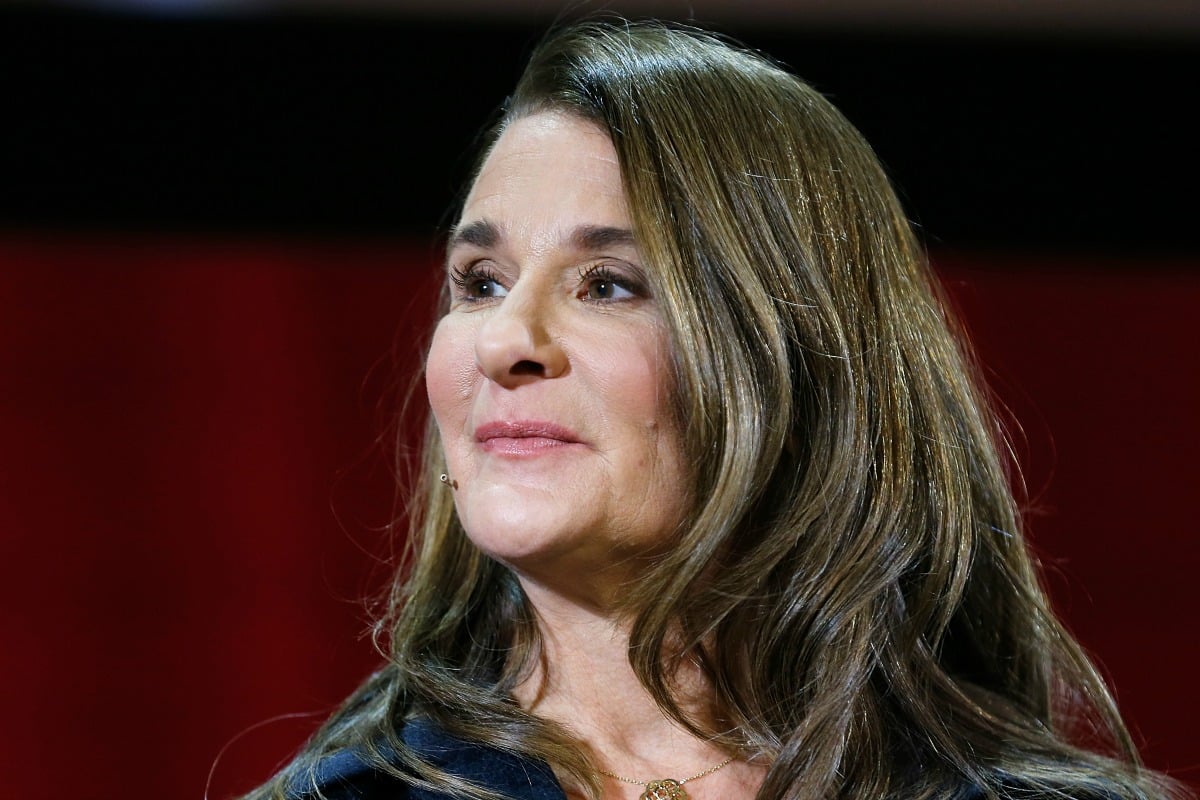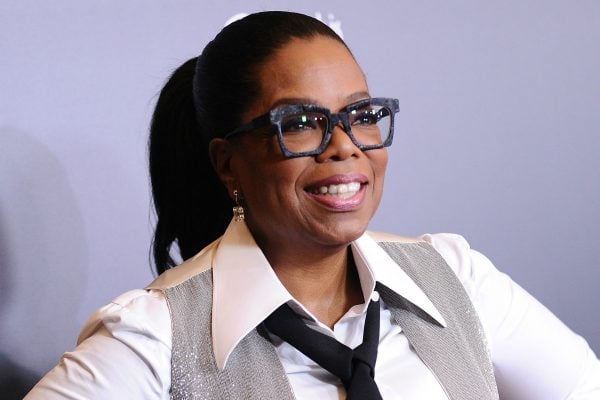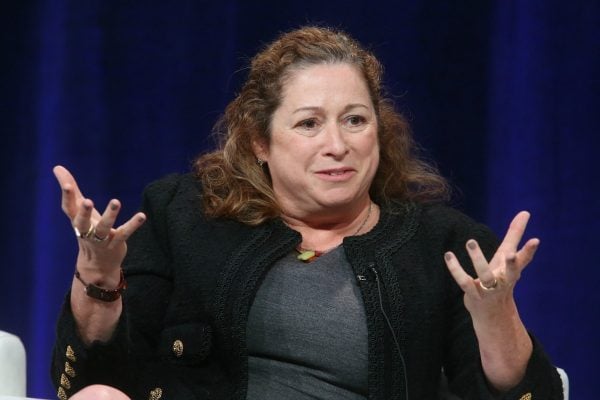
Melinda Gates isn’t the kind of billionaire philanthropist who simply signs off on a donation. The former Microsoft General Manager puts boots on the ground in the communities she seeks to help. She comes face-to-face with the people who benefit from the medical care she and her husband, Bill Gates, fund via The Bill and Melinda Gates Foundation – the largest private charity in the world.
People like Meena, a woman who gave birth at one of their health clinics in India’s north in 2010. Speaking to Oprah’s Super Soul Sunday last month, Melinda recalled how she asked this young mother a simple question: ‘Do you want to have more children?’
“Eventually, after a very long pause, she looked up at me and she said, ‘I can’t have anymore children… I don’t have any hope for these two children. I have no hope. I can’t hardly feed these kids. My only hope is if you take my two boys home with you.’
“I had to beg her for her forgiveness, and I just said, ‘I just can’t. I am sorry, but I can’t. I have three children of my own at home. I know you love these boys. [But] I can’t.’ It was crushing.”
It was the first time a loving, desperate mother asked Melinda to take her children. But it wasn’t the last.
It’s encounters like this that capture the unique moral dilemma of the uber-rich. Who do you help? Where? And how much?


Top Comments
You know what the best thing about being a billionaire is? You can outsource! Hire a team to research the causes, give them criteria to evaluate the, against and just sign the cheques. I can’t say that I feel particularly empathetic for the plight of Melinda Gates.
It does not seem to be working on the sympathy or empathy angle - just something unique to very rich people with a moral compass.
If you or I had that sort of money and was willing to donate hundreds of millions, I would not know where to start. Who do I support, what causes or and will my contribution make a meaningful difference?
The list of causes, charities and issues is very long - if you were in the same situation, where is your money going, what is your criteria and what about everything else you ignored making that choice that would help you sleep at night with a clear conscience?
I dunno' - this seems like a churlish attitude directed at people simply trying to help.
I'm surprised you'd mention Melinda Gates without plugging the Giving Pledge, started by the Gates' and now 191 billionaires have pledged to give up at least half of their wealth to charitable causes.
Wouldn’t it be nice to have seven or eight articles about that, rather than James Charles and whatshername’s ridiculous bullshit?
Half seems ridiculously inadequate. It’s not a challenge to give up half when you still end up with more money than you and three generations of your family could ever spend. 99% seems appropriate.
And this is why we can't have nice things.
Donating $500,000,000 is ridiculously inadequate?!?